About Guinea
The West African nation of Guinea is predominantly a Muslim country, home to a population of approximately 12 million people, with natural beautiful landscapes on the ocean, close to the mountains, and in the shade of the Guinean forests. Guinea has the largest reserves of bauxite in the world, and is the second largest producer of the mineral. The agricultural sector provides a subsistence livelihood for nearly 80% of the population.
Despite massive mineral, hydroelectric, and agricultural potential, Guinea is one of the poorest countries in the world, due in good part to a history of weak governance that is only gradually being overcome. The human and economic costs of a two year long Ebola crisis coupled with a collapse in the value of Guinea’s export minerals further stymied Guinea’s progress. However, following a largely peaceful and fair Presidential election in October 2015 and the end of the Ebola outbreak, the country is once again on a positive trajectory. Nevertheless, because of widespread malaria and other preventable or treatable diseases, maternal and child mortality remain high. The agriculture sector is performing far below its potential to serve as the country’s engine for the generation of employment and economic growth. Significant governance problems remain, including low government capacity in planning and service delivery and lack of effective two-way engagement between the government and citizens on the development and implementation of policies and programs. The United States Agency for international Development (USAID's assistance aims at increasing the utilization of quality health services, with a focus on malaria; reducing poverty through improved food security and nutrition; and increasing citizen engagement with more effective and accountable government institutions and processes.
Specifically, USAID works with government and civil society counterparts toward consolidating democratic gains by increasing the participation of women and minorities in political processes, holding legislative elections and strengthening the capacity of the legislative body, and empowering civil society to hold government more accountable for providing social services. USAID and Guineans are working together to rebuild health systems as well as restore trust between communities and health facilities after the Ebola outbreak in 2014.. USAID continues to invest in targeted socio-economic programs that have the potential to make an impact in Guinea’s post-Ebola recovery phase.








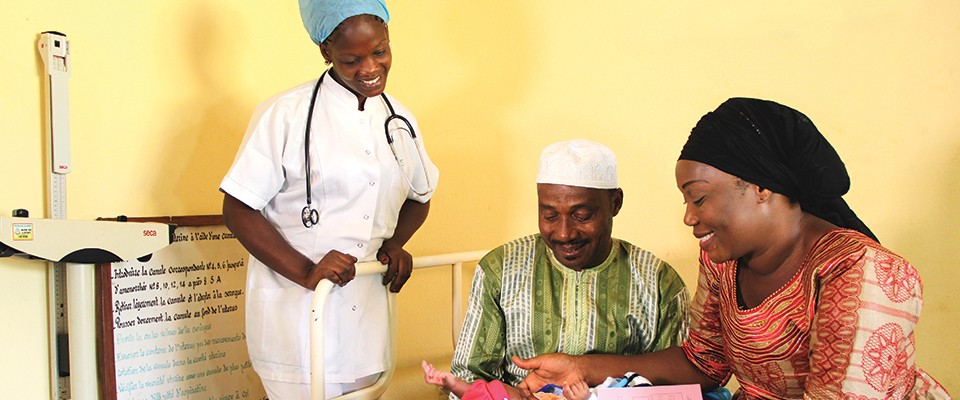
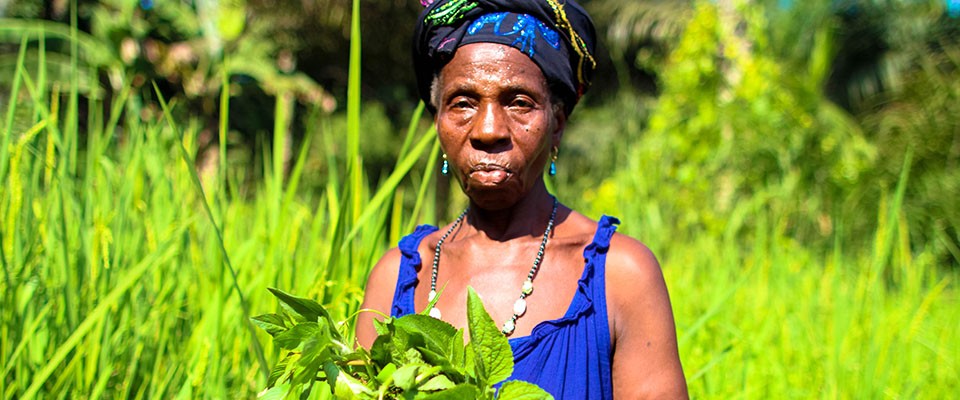
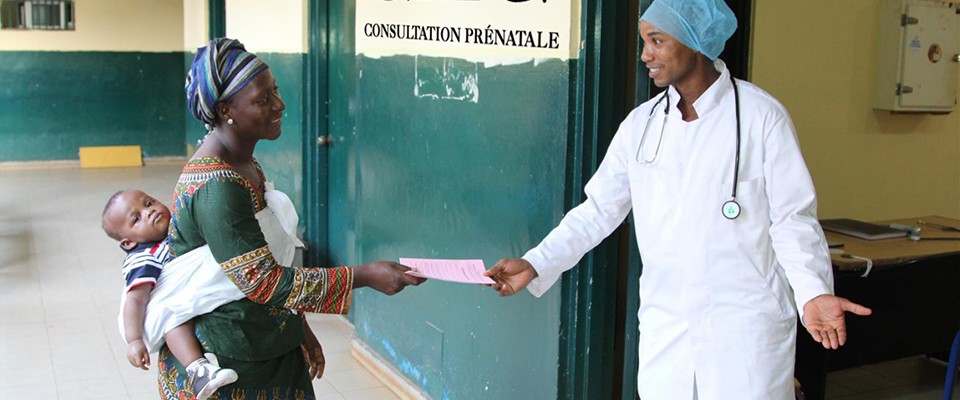
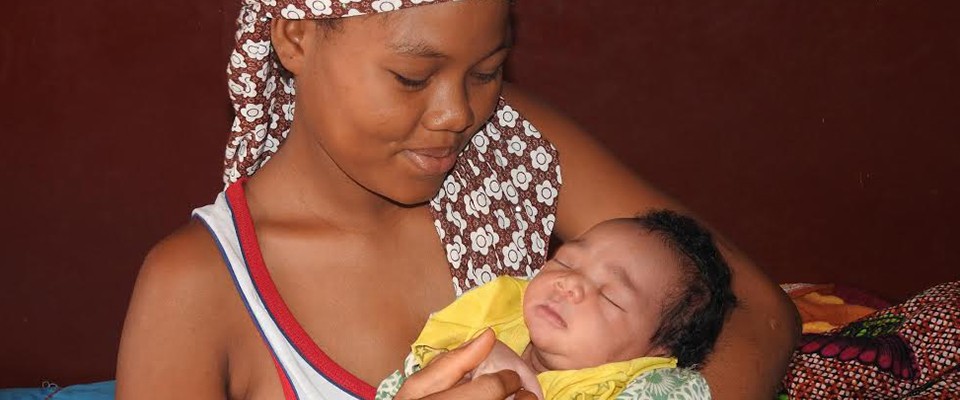
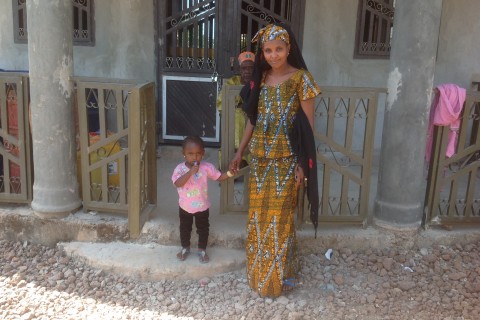
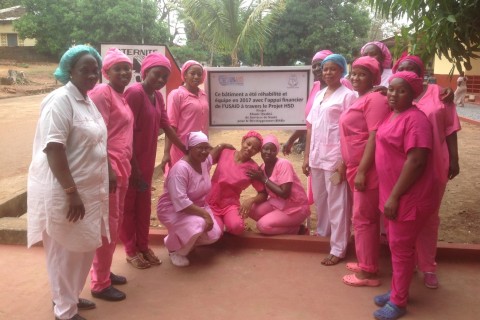
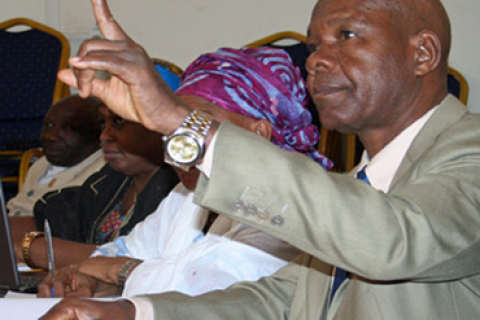
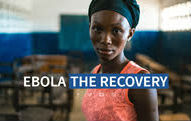
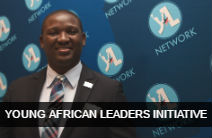
Comment
Make a general inquiry or suggest an improvement.